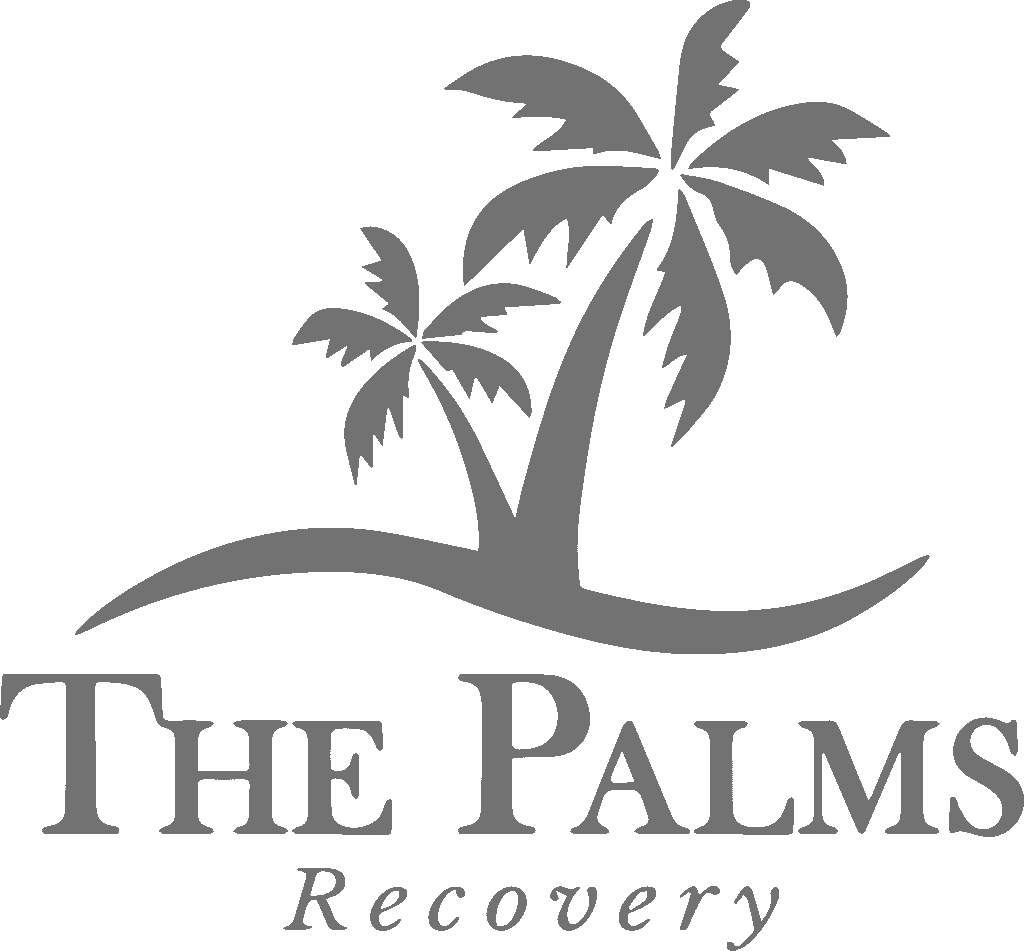A Path Back to Clarity and Health
Methamphetamine Addiction Treatment
Methamphetamine, also known as meth, crystal meth, or ice, is a powerful and highly addictive stimulant that can have devastating effects on every aspect of a person’s life. The grip of meth addiction is overwhelming, often leading to severe physical health problems, cognitive decline, and significant mental health issues like paranoia and psychosis.
At The Palms Recovery, we want you to know that healing is possible. Our dedicated methamphetamine addiction treatment program provides a safe, compassionate, and non-judgmental space to break free from the cycle of use. We offer a comprehensive, evidence-based approach designed to heal your mind and body, helping you reclaim the life you deserve.
Understanding the Need for Methamphetamine Rehab
Long-term meth use rewires the brain’s reward system, making it incredibly difficult to quit alone. The “crash” that follows a binge can lead to extreme depression, anxiety, fatigue, and psychosis. Users often find themselves trapped in a cycle of using simply to feel “normal” or to escape these debilitating lows.
Professional treatment is essential for:
- Managing the “Crash”: Safely stabilizing during the initial, acute withdrawal phase.
- Treating Psychological Dependence: Addressing the intense, long-lasting cravings and behavioral patterns.
- Healing the Brain and Body: Providing the medical and nutritional support needed to recover from the drug’s toxic effects.


